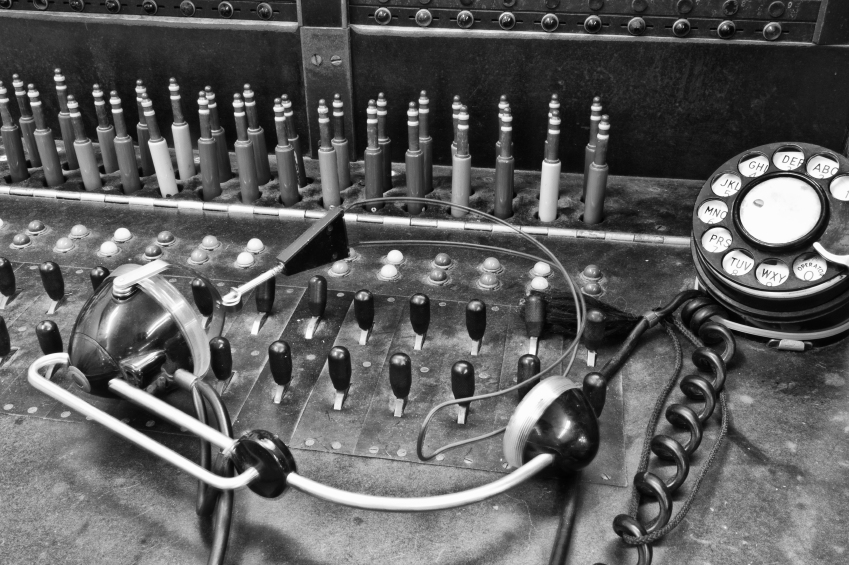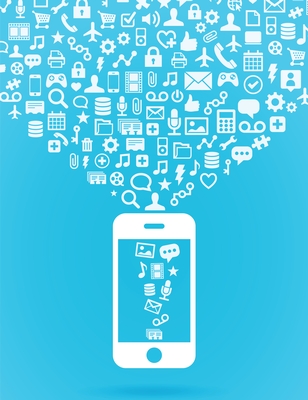The telephone is dead.
Not so much the cell/smartphone, since our fingers twitch to text and tweet and reply-all email.
But the Alexander Graham Bell invention is moribund (especially according to statistics from Nielsen, claiming that we’re moving to a landline-less and voicemail-less society).
All of which we mourn. To us, it signals an increasingly isolated population, at home and at work. [Though for the life of us, we can’t figure out who’s talking to whom in our commutes.]
It shows our determined individualism: “Hey, we’re communicating on our own terms and in our own timeframe.”
And it points to an ever-decreasing competency in being willing to talk and understanding how to hold a conversation.
According to Miss Manners, phone calls are rude, disruptive, and awkward. They interrupt our workflow, our home lives, and generally create havoc for those around us. In fact, it’s become de rigueur to ask, in an email, if it’s okay to call.
Much of that could be due to the constant ‘dialing for dollars’ from robocalls or from groups we’d just as soon not hear from. And much of that could be a lack of energy to speak with those who want to talk with us; after all, it takes a lot of energy to text and message and scroll through Facebook and LinkedIn and Instagram and Pinterest and other social media.
Some say back-and-forth messaging is simply the new century’s conversation.
We’d hang up on that.




